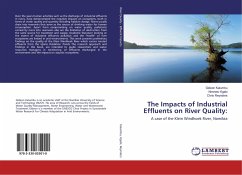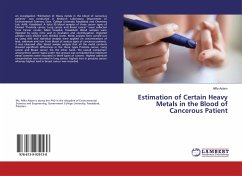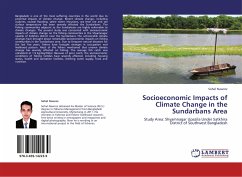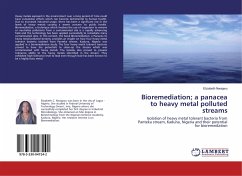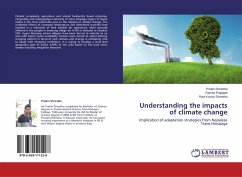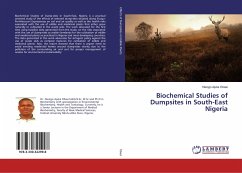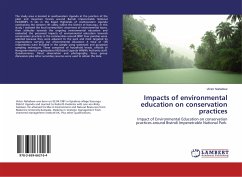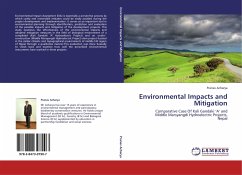Over the years human activities such as the discharge of industrial effluents in rivers, have demonstrated the negative impacts on ecosystems, both in terms of water quality and quantity including habitat change. Rivers usually drain into reservoirs that serve as the source of drinking water for human consumption. Apart from compromising on water quality, pollutants carried by rivers into reservoirs also set the limitation of abstraction from the same source for treatment and supply. Academic literature looking at the extent of industrial effluents pollution and the "health" of river ecosystems are limited in arid environments. This work presents preliminary findings on the quality of the Klein Windhoek River which carries treated effluents from the Ujams Oxidation Ponds. The research approach and findings in this book, are intended to guide researchers and water resources managers in monitoring of effluents discharged in the environment and the impacts on aquatic ecosystems.
Bitte wählen Sie Ihr Anliegen aus.
Rechnungen
Retourenschein anfordern
Bestellstatus
Storno

